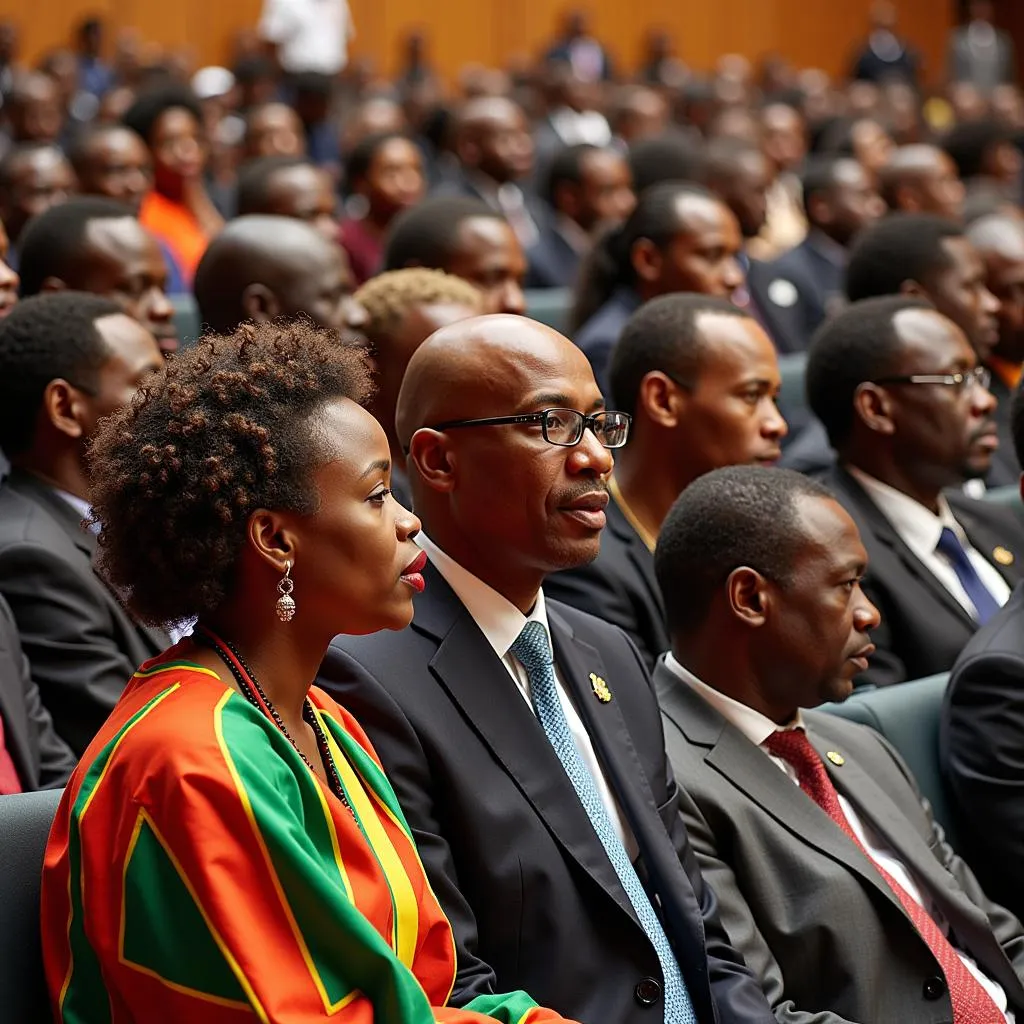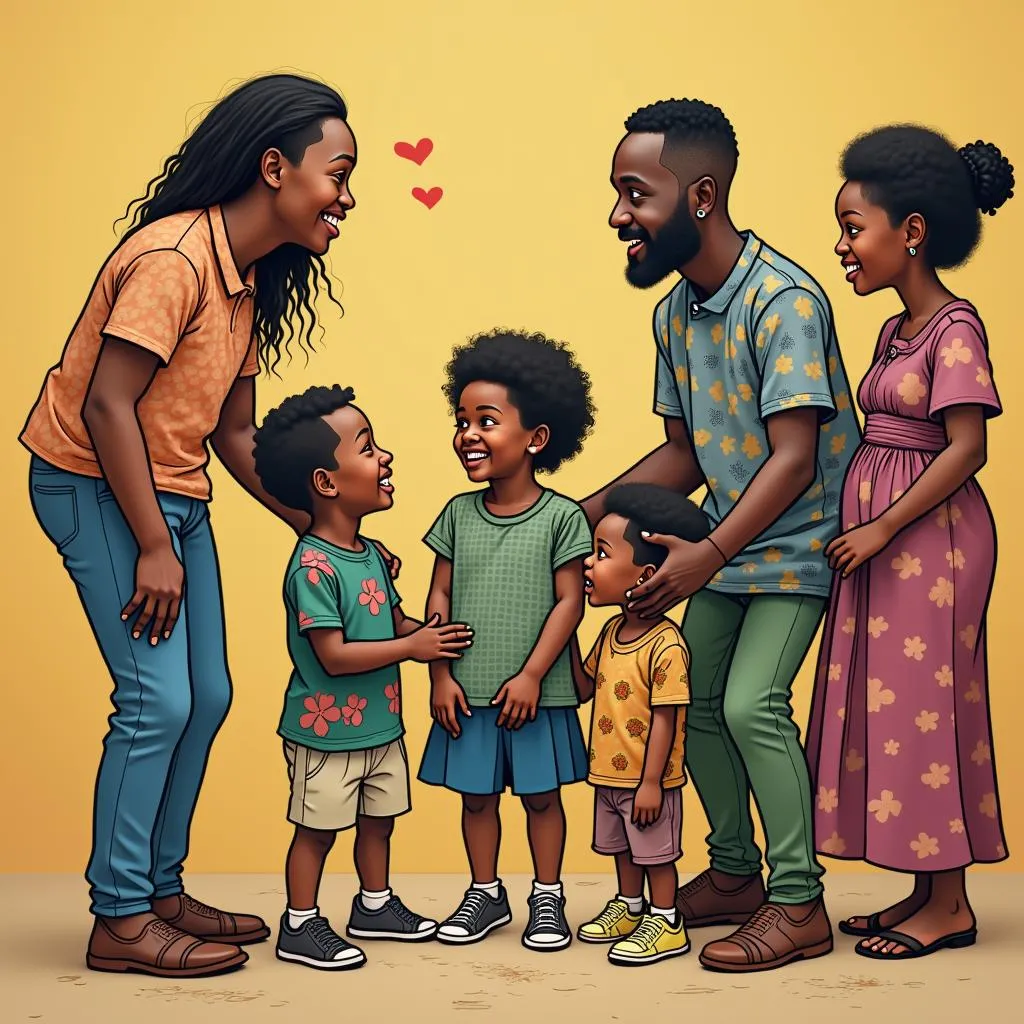African Countries and Their Presidents in 2017: A Comprehensive Guide
In 2017, the African continent was home to a diverse array of leaders, each representing the unique history, culture, and aspirations of their respective nations. From seasoned politicians to rising stars, these presidents navigated the complex challenges of governing their countries, shaping the course of African politics and development. This comprehensive guide delves into the political landscape of Africa in 2017, exploring the profiles of prominent presidents and their key accomplishments.
Navigating the Political Landscape: A Look at Key Presidents in 2017
2017 marked a pivotal year for African politics, witnessing both continuity and change across the continent. Several countries held elections, ushering in new leadership while others saw the continuation of established regimes. Here’s a snapshot of key figures who shaped the political landscape in 2017:
Paul Kagame (Rwanda)
President Kagame’s vision for Rwanda focused on economic development and national unity. He championed the country’s “Vision 2020” strategy, aimed at fostering economic growth and social transformation. Rwanda’s impressive economic performance, particularly in the ICT sector, solidified its status as one of Africa’s fastest-growing economies.
Jacob Zuma (South Africa)
President Zuma’s tenure in South Africa was marked by economic challenges, allegations of corruption, and political turmoil. While he faced criticism from within his own party, he also championed social programs aimed at addressing poverty and inequality. His legacy remains a subject of debate, with some commending his efforts in addressing social issues and others highlighting the controversies surrounding his leadership.
Uhuru Kenyatta (Kenya)
Kenyatta’s second term as President focused on infrastructure development, particularly the expansion of roads, railways, and ports. He also sought to enhance economic diversification, fostering growth beyond traditional sectors like agriculture. His government faced challenges related to security, corruption, and economic inequality, requiring strategic approaches to ensure sustainable progress.
President Profiles: A Glimpse into the Leaders of 2017
Beyond these prominent figures, various other presidents played crucial roles in shaping their respective nations. Here are some key profiles:
- Alpha Condé (Guinea): Condé’s victory in the 2015 elections marked his second term as President. His focus on economic development and regional integration continued to shape Guinea’s trajectory.
- Alassane Ouattara (Côte d’Ivoire): Ouattara’s leadership aimed to bolster economic recovery and reconciliation following a period of instability. He championed initiatives promoting investment and economic diversification.
- Yoweri Museveni (Uganda): Museveni’s long-standing leadership in Uganda continued, with his focus on promoting economic growth and infrastructure development. He remained a dominant figure in East African politics.
- Macky Sall (Senegal): Sall’s second term saw a focus on enhancing governance, promoting economic diversification, and strengthening democratic institutions. He pursued a proactive approach to tackling corruption and promoting transparency.
The Impact of Leaders: Shaping the Future of Africa
The leaders of 2017 grappled with various challenges, including economic disparities, political instability, and climate change. Their decisions and policies had a profound impact on the lives of their citizens and the future trajectory of their nations. As the continent continues to evolve, understanding the actions and legacies of these presidents provides valuable insights into the complex dynamics of African politics.
FAQ
Q: What were some of the major political events that occurred in Africa in 2017?
A: 2017 witnessed several significant elections, including in Kenya, Liberia, and Guinea. The year also saw political upheaval in Zimbabwe with the resignation of Robert Mugabe and the rise of Emmerson Mnangagwa.
Q: What were the biggest challenges faced by African leaders in 2017?
A: African leaders confronted a range of challenges including economic inequality, corruption, political instability, and climate change.
Q: What role did international relations play in African politics in 2017?
A: International relations remained crucial, with organizations like the African Union and the United Nations playing significant roles in promoting peace, security, and development across the continent.
Q: What are some of the key trends to watch in African politics moving forward?
A: Key trends to watch include the growing importance of youth involvement in politics, the rise of social media as a platform for political mobilization, and the continued impact of climate change on development efforts.
Q: Where can I find more information about African leaders and politics?
A: You can find additional information on websites of reputable news organizations, academic journals, and think tanks specializing in African politics and development.
 African Leaders in 2017
African Leaders in 2017
Note: This article provides a brief overview of African countries and their presidents in 2017. It is important to acknowledge that this is a vast and complex topic, and further research is encouraged for a more in-depth understanding.


